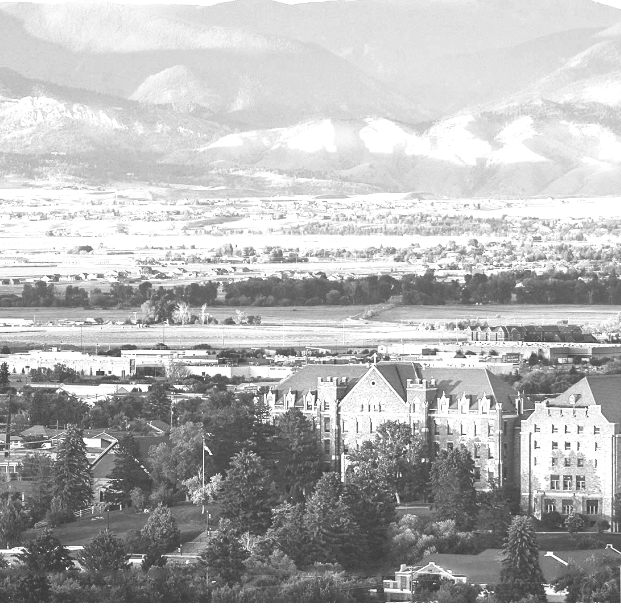Sociology is the scientific study of society. Through theory and research, we examine the development, structure, and function of social groups, communities, and societies. Much sociological work attempts to understand in order to address social problems such as crime; economic, racial, and gender inequalities; environmental issues; and much more. If you’ve ever asked yourself, “What is going on in this world?” “Why are people so weird?” or “How can we work towards social justice?” Sociology is for you.

Sociology
Details
As a student in the Sociology department, you’ll learn the requisite analytic tools for delving beneath the surface of everyday reality and perceiving the deeper meanings, recurring patterns, and concomitant structures that constitute the social world.
- Undergraduate
- Major
- Minor

About the Program
As a student at a Catholic liberal arts college, your study of Sociology will support Carroll College’s Mission as we focus on social justice throughout the program. You will develop your “sociological imagination” as well as skills that prepare you to be competitive in the job market. Our graduates are highly employable and find meaningful work that combines their passions with their skills.
One Major, Three Pathways
The Sociology program at Carroll allows you to emphasize in one of three areas.
- Criminology: Criminology is the scientific study of crime and criminals. Through the Sociology-Criminology major, you will develop the knowledge and skills to pursue a wide range of careers from law enforcement and criminal justice to law, public policy, and corporate security.
- Medical and Human Services: Through the Sociology-Medical and Human Services major, you will study the various areas of Sociology that will prepare you to pursue graduate school or work in medicine, social services, or social work.
- Broadfield: Through the Sociology-Broadfield major, you and your advisor will work to tailor your studies to your specific interests and career goals. This is the most flexible major emphasis and will enable you pursue graduate school or work in all of the various areas applicable to Sociology including education, administration, government services, non-profits, business, and many more.
Why Sociology at Carroll?
The Sociology Department at Carroll provides a unique opportunity to situate your Sociological studies within this Catholic, liberal arts curriculum. Your education and future career will be enhanced by the intellectual and practical connections you make between Sociology and the other fields you encounter here. As a Catholic school, we also add special emphasis upon "placing ourselves in the shoes of the other" and then ask, "What can we do to positively affect our social world?"
Furthermore, we are located in a special geographic location in Helena, Montana. Being in the state capital, we benefit from the many connections we have to the state agencies and related organizations that make their home here. This translates into internship, research, and career opportunities for our students. Additionally, we use Montana as our laboratory for doing Sociology—for example, exploring crime at the Montana State Prison, environmental issues in the mining town of Butte, and sex trafficking during our oil boom.
The Possibilities
The Sociology program provides key skills and knowledge for graduates in today’s job market. These particularly include teamwork, communication, problem-solving, and analytical/quantitative skills as well as understandings in diversity and ethical research. The wide market transferability of these skills and knowledge means that Sociology graduates are poised to do well in a variety of careers. Research on outcomes for Sociology graduates finds that the job outlook is positive: graduates are finding work in their field, high job satisfaction, opportunities for advancement, salaries comparable or better that peer-fields, and unemployment rates low and better than these peer-fields.
About 50% of our students go on to graduate school in areas such as Sociology, Environmental Studies, Law, Criminal Justice, Social Work, Education, and medical school. Recent grads are working in a wide variety of areas related to Criminology (e.g. sheriff’s offices, probation & parole, pre-release centers, the Department of Justice, private law practice), Medical and Human Services (e.g. as social workers, gerontologists, hospital or nursing home administrators, lawyers, non-profit administrators) or other areas such as policy analysis, labor relations, city/urban/regional planning, athletics, and more!
